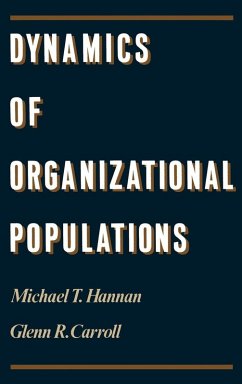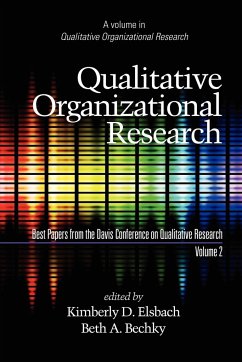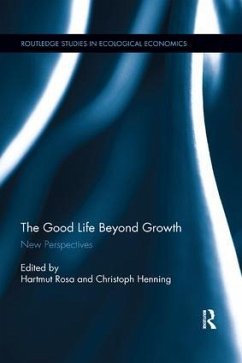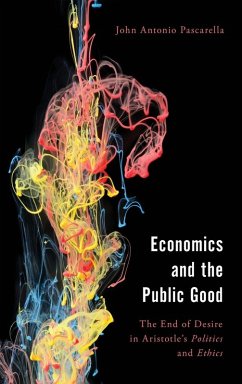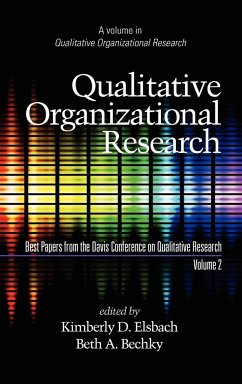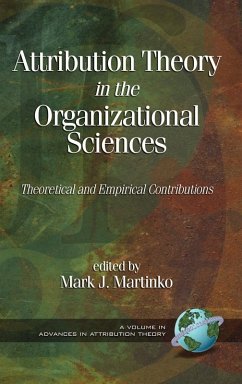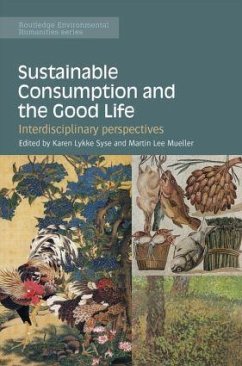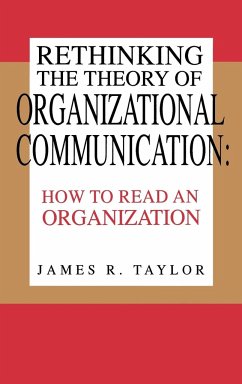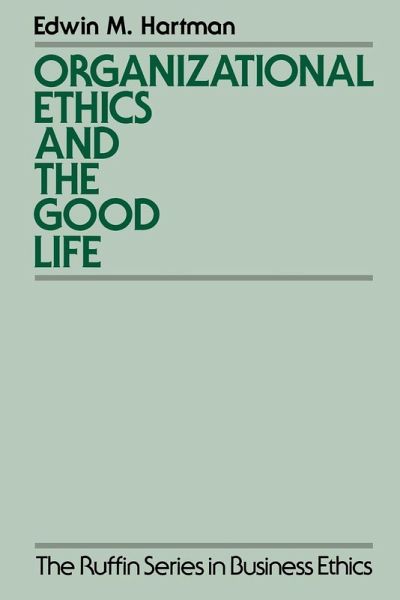
Organizational Ethics and the Good Life
Versandkostenfrei!
Versandfertig in 1-2 Wochen
182,99 €
inkl. MwSt.
Weitere Ausgaben:

PAYBACK Punkte
91 °P sammeln!
In Organizational Ethics and the Good Life, Edwin Hartman contends that, as ethics is about the good community, a great part of business ethics is about the good organization. He argues that a large and complex organization has the characteristic of the "commons" studied by game theorists, and that it is the task of management to preserve the commons in the long-term interests of all its members, principally by creating an appropriate corporate culture. A good corporate culture not only serves the interests of the participants but makes the organization a place in which they can develop intere...
In Organizational Ethics and the Good Life, Edwin Hartman contends that, as ethics is about the good community, a great part of business ethics is about the good organization. He argues that a large and complex organization has the characteristic of the "commons" studied by game theorists, and that it is the task of management to preserve the commons in the long-term interests of all its members, principally by creating an appropriate corporate culture. A good corporate culture not only serves the interests of the participants but makes the organization a place in which they can develop interests that are compatible with both autonomy and good corporate citizenship: that is, they can develop a sense of the good life that is appropriate to the moral person. Hartman opposes the standard view that the study of organizational ethics is a matter of considering how certain foundational ethical principles apply in organizational settings; instead, he argues, business ethicists should consider how free and rational people arrive at a consensus on practical ethical principles in a morally good organization that leaves room for moral progress. And what makes an organization morally good? In discussing justice, loyalty, and other features of a morally good organization, Hartman draws largely on the work of Rawls and Hirschman. In describing the good life as one in which well-being and morality overlap, Hartman proposes a new version of an idea as old as Aristotle, who taught that human beings are rational but also irreducibly communal creatures.




